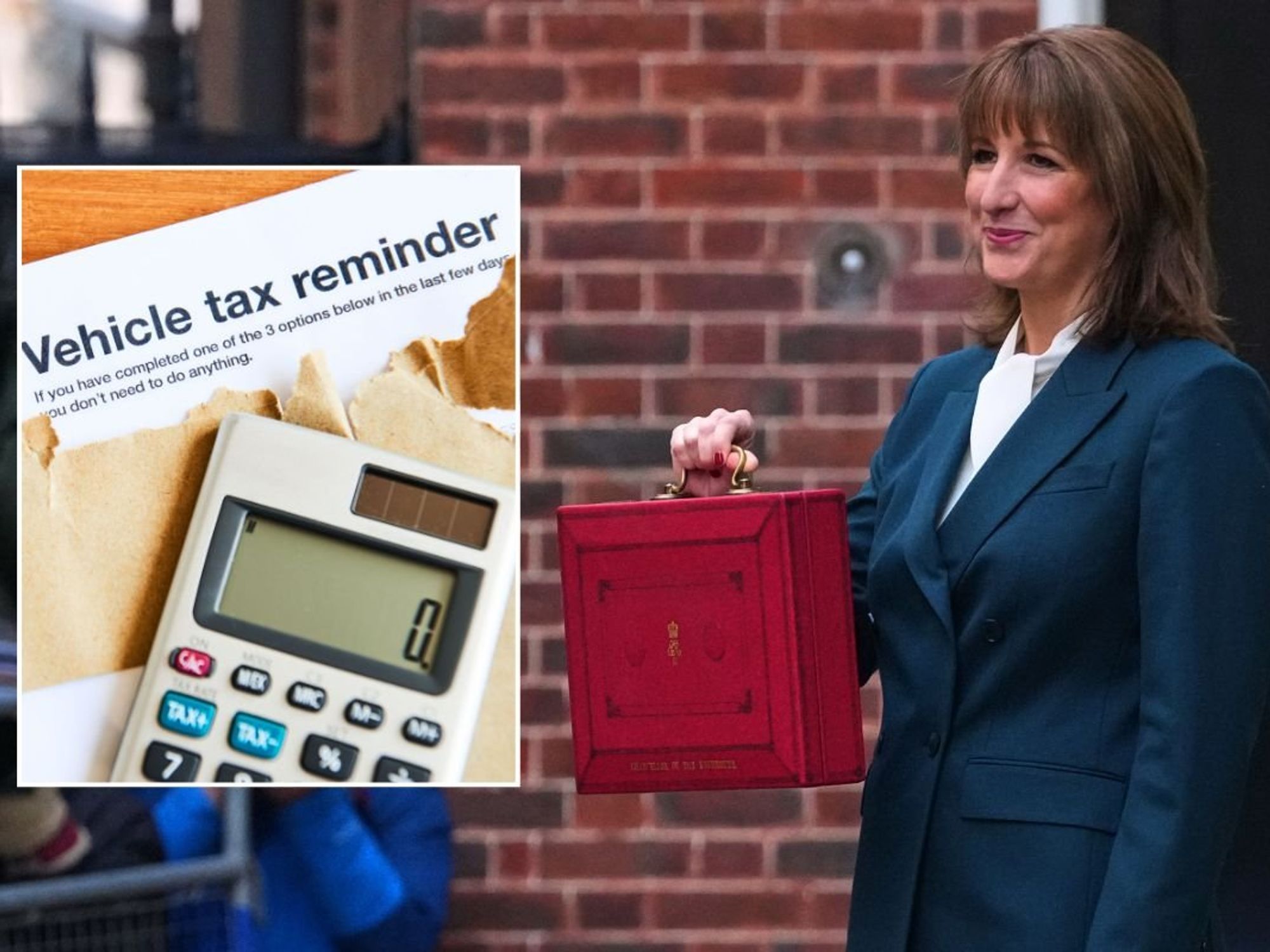Alex Phillips: We need to talk about abortion

By Alex Phillips
Published: 18/11/2021
- 16:12Updated: 18/11/2021
- 16:35Should the term limit be reduced to 22 weeks?
Don't Miss
Most Read
For some women, it is one of the most harrowing experiences of their life, a painfully difficult decision to take. For others, it’s a short trip to a clinic and a minor procedure that doesn’t need to incite stigma or contempt. And for some, it is sacrilegious, unconscionable, and always wrong. Of course, I’m talking about abortion. But how does the law embrace all of these viewpoints, without ostracising anyone for what is a deeply personal and life changing choice?
Then there are multiple other caveats. When is it right to be able to make the decision to terminate a pregnancy? What if the unborn child will be born with a life changing disability? What if the pregnancy is a result of a sexual attack? What if coming to full term presents a risk to the mother’s health? What if the father shirks all responsibility, leaving the woman to try to bring up the child completely alone?
Then there’s pre and after care. Should women be made to wait a fortnight to contemplate their decision, or get counselling after it? Why for thousands of women is it a secret trip to a Marie Stopes clinic and something they are ashamed to admit?
A record number of women sought out abortions last year, particularly those over the age of thirty the age at which we are incessantly reminded about our biological clocks. Over 209 thousand abortions were recorded in 2020, with lockdowns meaning medical abortions could be carried out at home with a pill following a virtual consultation, simplifying the process at the same time as financial uncertainty swept the country. But is improving access and ease when it comes to abortion an ethical issue? Instead, should we be looking at helping women to keep babies, by focusing on childcare provision and encouraging men to be responsible fathers, rather than paving the way towards a quickie termination? Today over a quarter of all pregnancies are aborted, a massive spike since the abortion act in 1967 representing a quadrupling of cases. Meanwhile, terminations among under 18s have dramatically tumbled, suggesting while young people are more aware about contraception, it’s working age women that no longer feel able to, or choosing not to, become mothers, a damning indictment some might say of failing government policy on supporting women and the family.
Abortion has always been a contentious topic and today is no different. In some cultures, babies are killed simply for being female. In many countries, terminations are still illegal. So what’s the situation here? At present there are three amendments being tabled to update the abortion act,: Bringing down the time limit from 24 weeks to 22 weeks, outlawing sex selective abortion and making the abortion term limit on babies with disabilities the same as for babies without disabilities. Almost always this debate happens within the framework of the woman’s agency over her body. But what of the rights of the father? Should he get a say in whether a pregnancy is terminated? Or does that open the door to men dictating what happens to a woman’s future?
Today, we really need to talk about abortion











